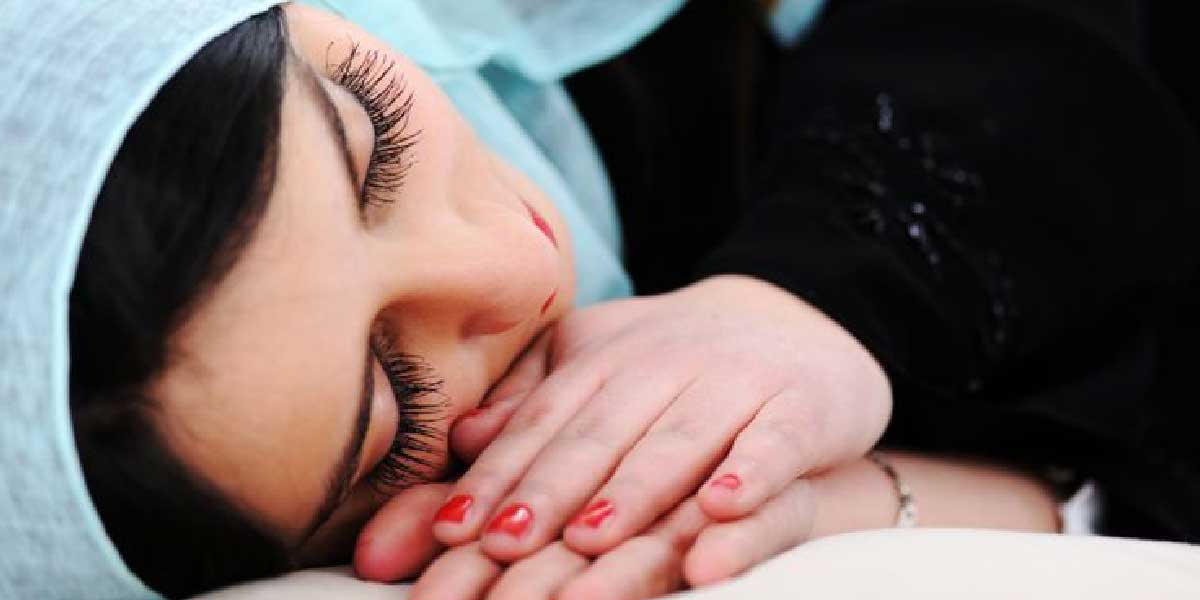
As we enter the second Ramadan of the COVID-19 pandemic, a sleep medicine expert at Cleveland Clinic is encouraging people to explore ways to improve both the quality and quantity of their sleep during the Holy Month, as this can support fasting and immune system functioning, he says.
Vaishal Shah, M.D., of Cleveland Clinic’s Sleep Disorders Center in the U.S., says, “We all know we function better when we get sufficient good-quality sleep, but research has shown that sleep also affects our hunger and satiety levels. In particular, studies have shown that partial sleep deprivation is associated with changes in the appetite-regulating hormones leptin and ghrelin, which could make fasting more challenging.”
Dr. Shah adds that research shows adequate sleep is also essential for the optimal functioning of our immune systems, which remains a top priority amid the pandemic. “Studies have determined that without sufficient and consistent quality sleep, the immune response is suppressed, making people more susceptible to infections in general, and taking longer to recover from them,” he says.
He explains that proteins called cytokines and similar molecules are released by the immune system during sleep, and some of these play an important role in protecting against infection and inflammation. Sleep deprivation can lead to decreased production of both cytokines and infection-fighting antibodies, he adds.
Dr. Shah says adults should aim for seven to nine hours of sleep daily, but emphasizes that it is not only the number of hours that is important, but the quality too. “Sleep needs to follow a consistent pattern, and be uninterrupted as far as possible, leaving you feeling refreshed or rejuvenated and able to function appropriately during the day without feeling sleepy,” he says.
To ensure quality sleep, he suggests paying attention to sleep hygiene factors, which include keeping the room dark, having a comfortable bed and ensuring an ambient temperature with no noise. He adds that people should aim to turn off their televisions and electronic devices at least an hour before going to bed.
In addition, he stresses that a consistent sleep schedule is key to quality sleep, particularly in Ramadan when people tend to change their sleeping habits.
“Whether you stick to your regular schedule, or adapt it in accordance with suhoor and iftar timings, or you decide to sleep during the day instead of at night, aim to go to bed at the same time and wake up at the same time every day and try to get recommended amount of sleep. This will help regulate your circadian rhythms, or internal body clock, and encourage restorative sleep,” he says.
If people choose to divide their sleep into a number of sessions throughout the day, he advises that they should make sure this includes one consistent longer block of continuous sleep that is at least five or six hours long, and a total of seven to nine hours of sleep in a day.
He also advises that anyone who has significantly changed their sleeping pattern during Ramadan, should ease back into routine afterwards. For, example, if someone has swapped night and day, they should adjust back to their normal routine slowly, moving their bedtime and waking-up time by a few hours every day, so that their body clock can adjust more easily.






















